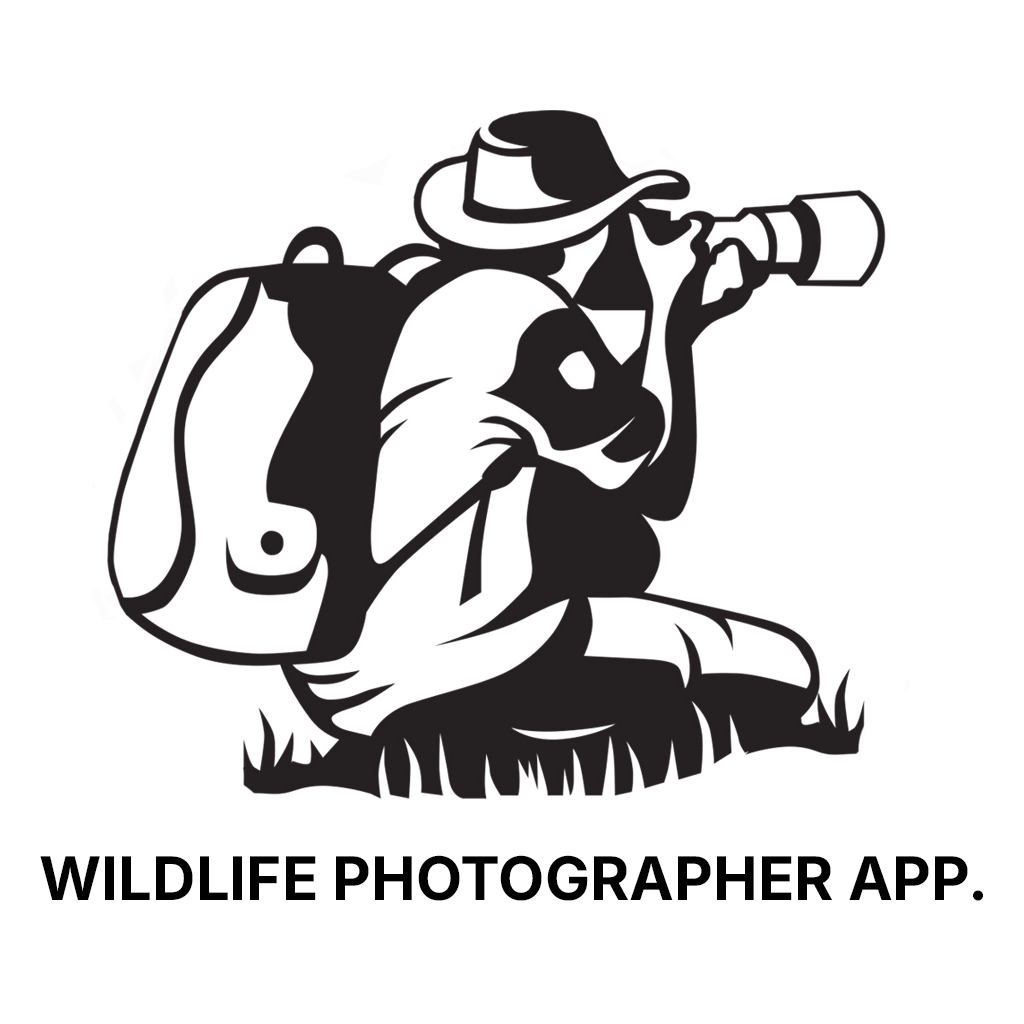Your wildlife photography guide.
Explore the greenland whale in detail, study its behavior, prepare your shots.
Where to observe and photograph the greenland whale in the wild
Learn where and when to spot the greenland whale in the wild, how to identify the species based on distinctive features, and what natural environments it inhabits. The WildlifePhotographer app offers tailored photography tips that reflect the greenland whale’s behavior, helping you capture better wildlife images. Explore the full species profile for key information including description, habitat, active periods, and approach techniques.
Greenland whale
Scientific name: Balaena mysticetus

IUCN Status: Vulnerable
Family: BALAENIDAE
Group: Marine mammals
Sensitivity to human approach: Suspicious
Minimum approach distance: 50 m
Reproductive period: January to December
Duration: 200-300 jours
Births: January to December
Habitat:
Arctic Ocean
Activity period :
Activity varies depending on season, weather, or human pressure.
Identification and description:
The Greenland whale is one of the largest baleen whales, with a size that can reach 16 to 18 meters. It lives in the icy waters of the Arctic and primarily feeds on krill and small fish, filtering them through its baleen plates. It is a long-lived animal, with a lifespan that can exceed 200 years. While protected, it is threatened by climate change, pollution, and ship collisions.
Recommended lens:
300 mm – adjust based on distance, desired framing (portrait or habitat), and approach conditions.
Photography tips:
Photograph the Greenland whale using a telephoto lens to capture its imposing silhouette at the water's surface. It is best to photograph early in the morning or late in the afternoon when the light is softer and the animal is more visible at the surface. Be patient and maintain a respectful distance, as these whales are sensitive to human disturbance.
From knowledge to field practice
A species profile helps you understand an animal. In the field, the challenge is often different. Remembering your own observations.
The WildlifePhotographer app allows you to:
• record your personal observations
• note locations, dates, and behaviors
• revisit your field references over time
• build a private and long-term field logbook
The app does not provide observation locations.
It helps you organize what you actually observe, with respect for wildlife.

